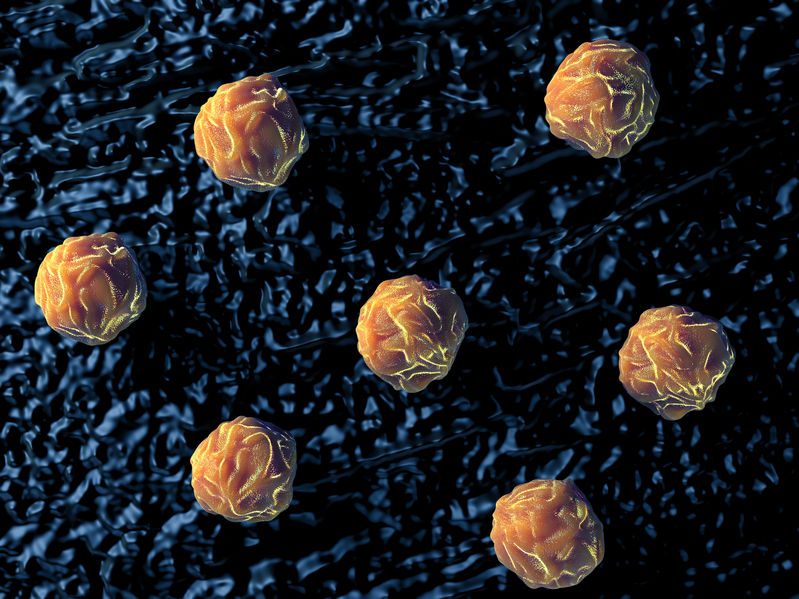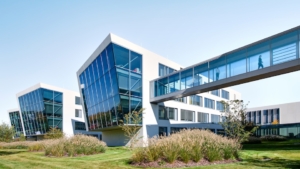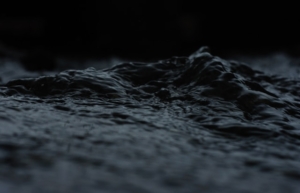
Kiadis Pharma NV to acquire CytoSen Therapeutics, Inc.
Kiadis Pharma NV has entered a definitive agreement to acquire US-based CytoSen Therapeutics, Inc. in order to create a leader in cell-based cancer immunotherapy.
Kiadis Pharma N.V. said it would pay CytoSen shareholders 1.94 million shares of Kiadis stock at closing (approx. €20m as of today’s share value) with a lock-up for a period of two years. Futhermore, shareholders are eglible to receive up to 5.82 million additional shares of Kiadis stock (approx. €60m as of today’s share value) upon the achievement of six clinical development and regulatory milestones, with the final milestone being first FDA approval of an NK-cell product based on CytoSens technology. CytoSen has about US$6m in the bank.
CytoSen has developed a natural killer (NK)-cell platform with broad anti-cancer potential. CytoSens patented nanoparticle processing technology enables improved ex vivo expansion and activation of NK-cells supporting multiple high dose infusions with potent anti-cancer cytotoxicity. The combined company has a complementary development pipeline focused on improving outcomes for patients undergoing hematopoietic stem cell transplants (HSCT). Kiadis lead T-cell product ATIR101 is in EU registration and a global Phase III clinical trial; CytoSens lead NK-cell product candidate, CSDT002-NK, is expected to enter the clinic in the US in 2020. The combined portfolio consists of NK-cell and T-cell therapy platforms.
Following the transaction, Cytosen’s scientific advisor Dr. Carl June, who pioneered CAR T-cell therapy development, will join Kiadis Scientific Advisory Board. He commented: NK-cell therapy could significantly advance the field of immuno-oncology. Also, I believe the fields of NK-cells and T-cells are enormously synergistic and the combination could potentially help patients with devastating diseases."
With the addition of CytoSen, we can create cell therapy treatments that combine the innate and adaptive arms of the immune system, said Arthur Lahr, CEO of Kiadis. The ATIR T-cell and CSDT002-NK-cell programmes each have the potential to make transplants safer and more effective. In combination, they have the potential to revolutionize HSCT, making it suitable for an even wider group of patients.



 Sartorius AG
Sartorius AG